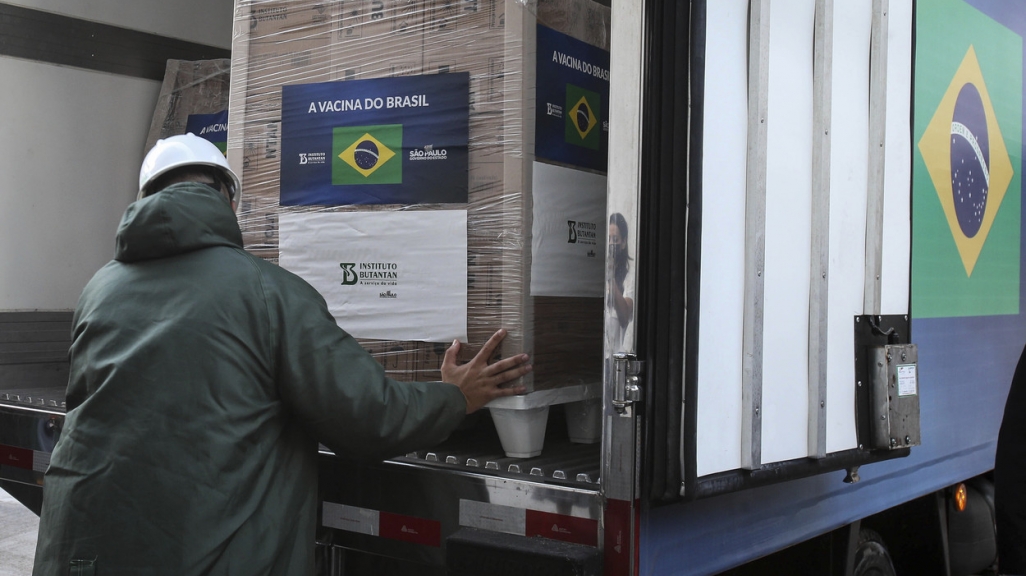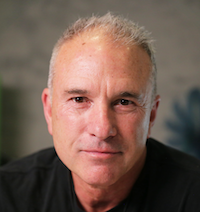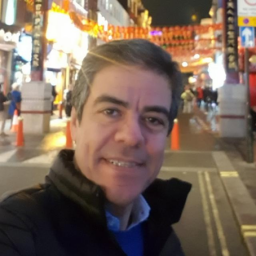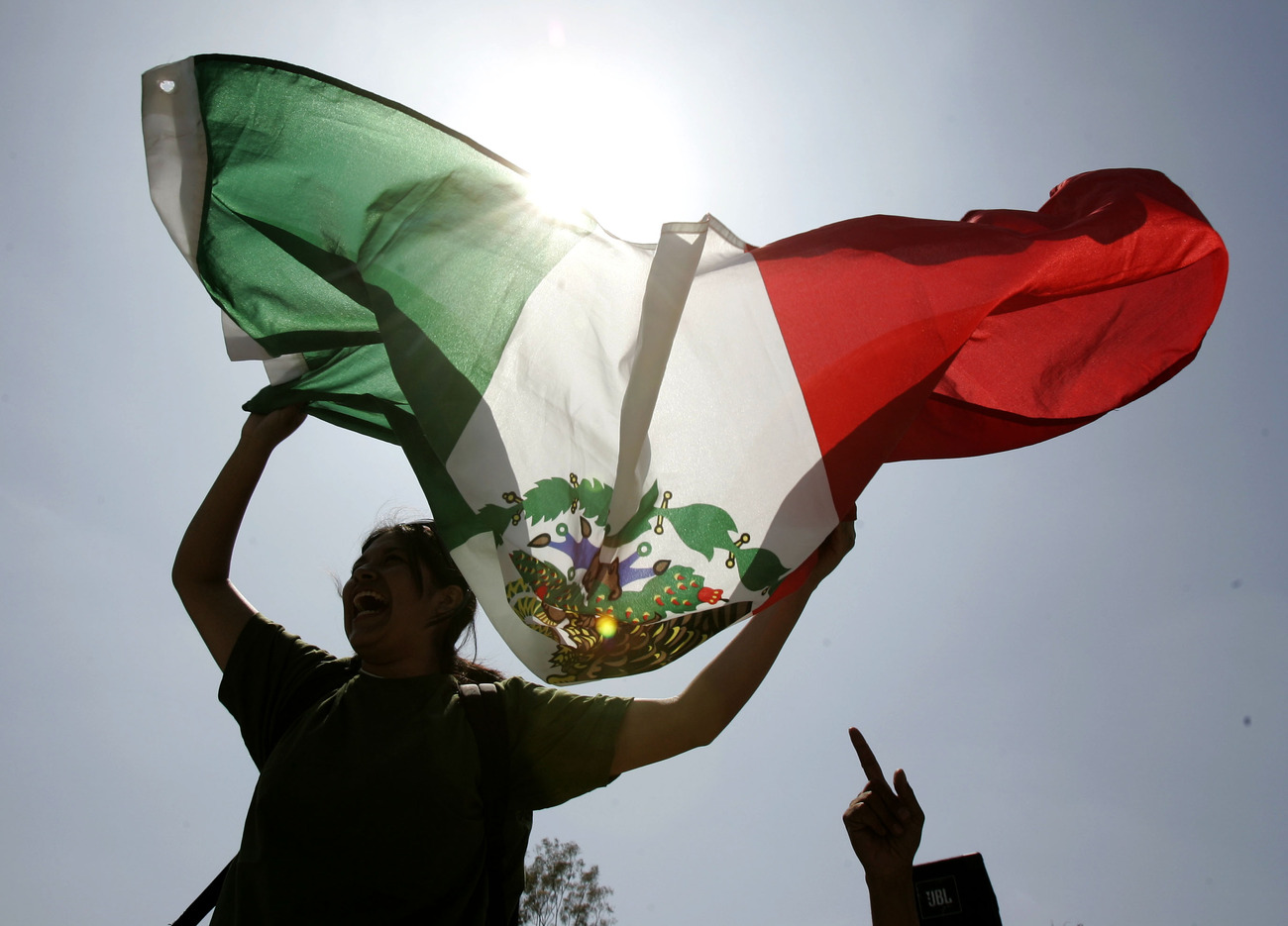LatAm in Focus: How to Vaccinate a Hemisphere
LatAm in Focus: How to Vaccinate a Hemisphere
To get to the end of the pandemic, millions of people in every corner of Latin America will need to be vaccinated. It's an unprecedented challenge for logistics and medical systems.
"Basically all distribution is just hub and spokes." —Thomas Tighe
“Controlling this pandemic depends on providing Covid vaccines to … low-income countries.” —Dr. Marco Aurélio Sáfadi
AS/COA Online covers major developments and Covid-19 vaccine rollouts as countries strive to return to normalcy.











